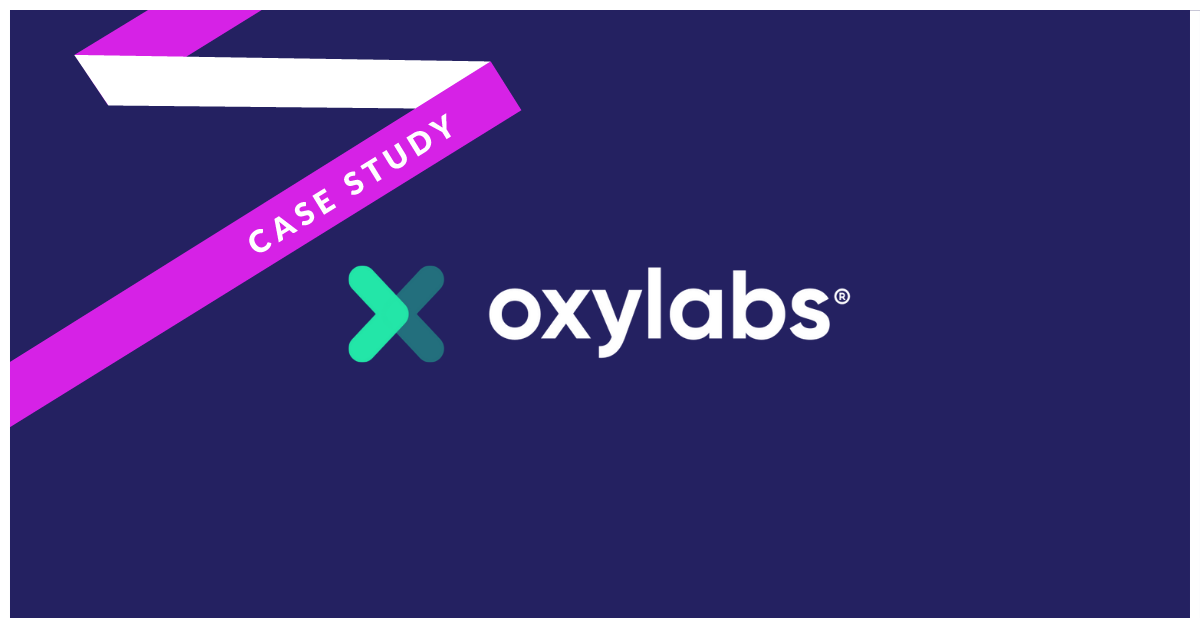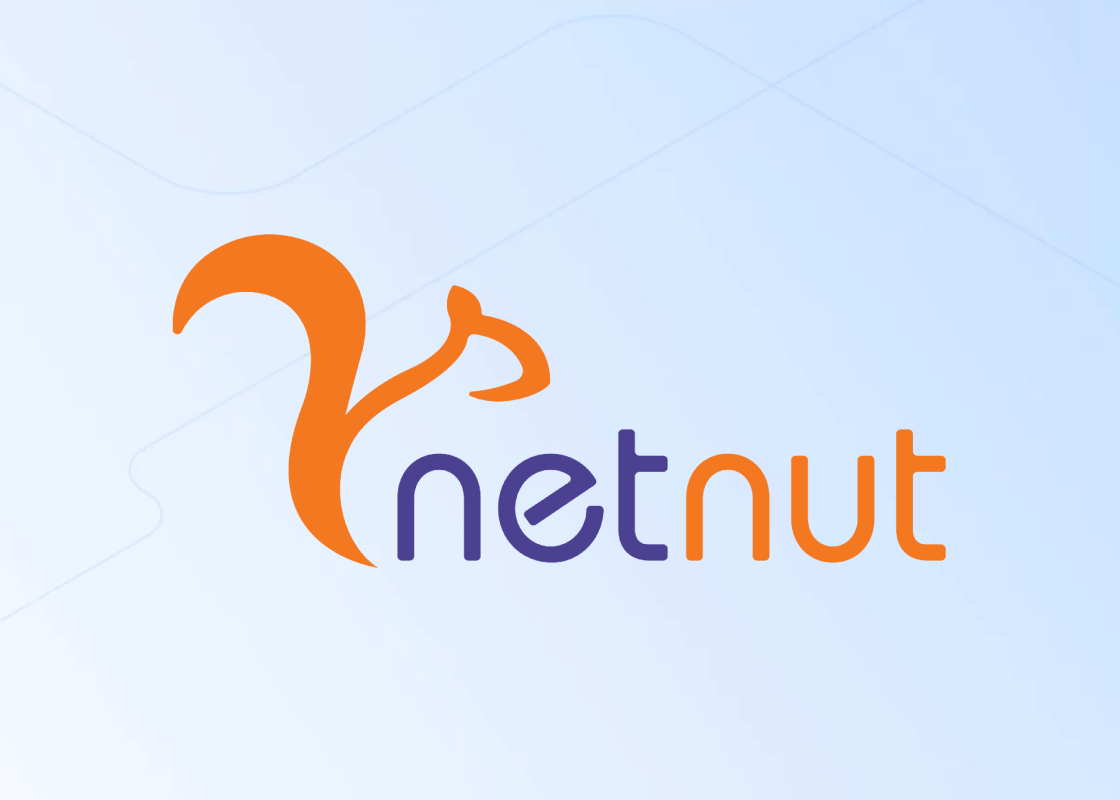In today's interconnected digital landscape, the need for robust and reliable online anonymity and data access solutions has never been more critical. Residential proxies have emerged as a cornerstone technology, offering unparalleled advantages for individuals and businesses alike. Unlike traditional datacenter proxies, residential proxies route internet traffic through real IP addresses assigned by Internet Service Providers (ISPs) to genuine residential devices. This fundamental difference grants them a unique ability to mimic legitimate user behavior, making them significantly harder to detect and block by websites and online services.
This comprehensive guide delves into the world of residential proxies, exploring their intricate workings, highlighting their myriad benefits and potential drawbacks, and presenting a meticulously researched ranking of the top providers in 2025, alongside crucial market insights.
Understanding Residential Proxies: How They Work
Residential proxies operate on a principle of authenticity. When you connect to the internet through a residential proxy, your online requests are not routed through a server farm with easily identifiable IP addresses. Instead, they are channeled through an intermediary server that assigns you a real, legitimate IP address belonging to a residential user. These IP addresses are provided by Internet Service Providers (ISPs) to actual homes and devices, such as personal computers, mobile phones, and Wi-Fi routers. This means that from the perspective of the target website or online service, your traffic appears to originate from a genuine, everyday internet user, making it exceptionally difficult to distinguish from organic traffic. This inherent characteristic is what gives residential proxies their significant edge in bypassing sophisticated detection and blocking mechanisms employed by many websites today.
The Unparalleled Advantages of Residential Proxies
The widespread adoption of residential proxies is largely attributed to their distinct advantages over other proxy types. These benefits make them an indispensable tool for a wide array of online activities:
•High Anonymity and Authenticity: The primary allure of residential proxies lies in their ability to provide unparalleled anonymity. By utilizing IP addresses assigned to real users by ISPs, residential proxies effectively mask your true identity and location. This authenticity makes it significantly harder for websites to detect and block your connection, allowing you to operate with a high degree of stealth.
•Superior Success Rates: Due to their genuine nature, residential IPs boast significantly higher success rates when accessing websites with stringent anti-bot and anti-scraping measures. They are less likely to be flagged or blocked compared to datacenter IPs, ensuring smoother and more efficient data collection and web navigation.
•Extensive Geo-Targeting Capabilities: Residential proxy networks span across the globe, offering a vast pool of IP addresses from numerous countries, states, and even cities. This granular geo-targeting capability is crucial for tasks requiring location-specific access, such as SEO crawling, ad verification, localized content testing, and accessing geo-restricted services.
•Bypassing IP Blocks and Restrictions: For tasks that involve frequent IP changes or access to websites with aggressive IP blocking policies, residential proxies are invaluable. Their ability to rotate IPs and mimic real user behavior allows users to circumvent common restrictions, ensuring continuous access to desired online resources.
•Multi-Account Management: Residential proxies are highly effective for managing multiple online accounts across various platforms, including social media, e-commerce sites, and online gaming. By assigning a unique residential IP to each account, they prevent account linking and reduce the risk of bans or suspensions.
Navigating the Challenges: Disadvantages of Residential Proxies
While residential proxies offer a multitude of benefits, it's equally important to acknowledge their limitations and potential drawbacks:
•Higher Cost: The authenticity and scarcity of residential IP addresses contribute to their higher cost compared to other proxy types, such as datacenter proxies. This can be a significant factor for individuals or businesses with budget constraints.
•Variable Speed and Bandwidth: The performance of residential proxies is inherently tied to the internet connection quality of the real users whose IPs are being utilized. This can lead to variable speeds and bandwidth limitations, potentially impacting the efficiency of data-intensive tasks. In contrast, datacenter proxies typically offer more stable and faster connections.
•Lack of Encryption: Residential proxies primarily function as IP masking tools and generally do not provide encryption for your internet traffic. This means that while your IP address is hidden, your data itself is not encrypted, making them less secure than Virtual Private Networks (VPNs) for sensitive online activities.
•Dynamic IP Pool Availability: The availability of residential IPs in a proxy pool is dynamic, as it depends on real users being online and their devices being connected. This can sometimes lead to a fluctuating pool size and occasional unavailability of specific IPs.
Common Applications of Residential Proxies
The versatility of residential proxies makes them suitable for a wide range of applications across various industries:
•Web Scraping and Data Collection: This is one of the most prevalent uses of residential proxies. They enable businesses and researchers to bypass anti-bot systems and collect vast amounts of public data from websites, including competitor pricing, market trends, product information, and more, without being detected or blocked.
•Market Research: Companies leverage residential proxies to conduct anonymous market research, gather competitive intelligence, analyze pricing strategies, and monitor product trends across different geographical regions.
•Social Media Management: For individuals and businesses managing multiple social media accounts, residential proxies are crucial for avoiding account flags and bans. Each account can be assigned a unique residential IP, making it appear as if different users are accessing the platforms.
•Ad Verification: Advertisers use residential proxies to verify that their ads are being displayed correctly, in the right geographical locations, and to detect potential ad fraud. This ensures that advertising campaigns are effective and reach their intended audience.
•Brand Protection: Residential proxies assist in monitoring online brand reputation, identifying counterfeit products, and detecting intellectual property infringement across various e-commerce platforms and websites.
•SEO Monitoring: SEO professionals utilize residential proxies to scrape Search Engine Results Pages (SERPs) data, monitor keyword rankings, analyze competitor SEO strategies, and ensure accurate localized search results.
•Accessing Geo-Restricted Content: Residential proxies allow users to bypass geographical restrictions and access content or services that are only available in specific regions. This is particularly useful for streaming services, online gaming, and accessing localized news.
•Account Registration and Management: For tasks requiring bulk account registrations, such as online surveys, sweepstakes, or event registrations, residential proxies provide the necessary anonymity to create and manage multiple accounts without triggering security alerts.
•Testing and Quality Assurance: Developers and QA engineers use residential proxies to test geo-targeting functionalities, content localization, and overall user experience across different regions, ensuring that applications and websites perform optimally for diverse audiences.
Top Residential Proxy Providers in 2025: A Comprehensive Ranking
Choosing the right residential proxy provider is crucial for the success of your online operations. Based on extensive testing, performance benchmarks, and market reputation, here's a detailed ranking of the leading residential proxy providers in 2025:
1. Decodo (formerly Smartproxy)

Overview: Decodo stands out as the best value provider in the residential proxy market. It offers a robust and reliable service with an excellent balance of performance, features, and affordability, making it an ideal choice for both beginners and experienced users.
Key Features:
•Pool Size: A massive pool of 115 million residential IPs.
•Locations: Extensive global coverage across 195+ countries, with granular targeting options including country, state, city, ASN, and ZIP code.
•Success Rate: Boasts an impressive 99.86% success rate.
•Response Time: A swift average response time of 0.63 seconds.
•Protocols: Supports HTTP, HTTPS, and SOCKS5 (+UDP).
•Rotation: Offers both rotating (every request) and sticky sessions (up to 24 hours).
•Support: Award-winning 24/7 customer support.
•Extras: Provides an API, browser extension, anti-detect browser, and comprehensive documentation.
•Pricing: Starts from $3.50 for 1 GB, with a free trial and pay-as-you-go options available.
Why Choose Decodo? Decodo's intuitive dashboard, flexible pricing plans, and high-quality IP pool make it a top contender for those seeking a cost-effective yet powerful residential proxy solution. Their focus on user experience and comprehensive features cater to a wide range of use cases.
2. Oxylabs

Overview: Oxylabs is widely recognized as the best premium residential proxy provider, catering primarily to enterprise-level clients and large-scale operations that demand top-tier performance and reliability.
Key Features:
•Pool Size: One of the largest proxy pools with over 175 million residential IPs.
•Locations: Global coverage in 195+ countries, with advanced targeting options including country, state, city, ASN, ZIP, and even coordinates.
•Success Rate: Achieves a high success rate of 99.82%.
•Response Time: Exceptional response time of 0.41 seconds.
•Protocols: Supports HTTP, HTTPS, and SOCKS5 (+UDP).
•Rotation: Offers both rotating (every request) and sticky sessions (up to 24 hours).
•Support: Dedicated 24/7 live chat support and a dedicated account manager.
•Extras: Provides an API, browser extension, and extensive documentation.
•Pricing: Starts from $4 for 1 GB, with a 7-day free trial for businesses and a 3-day refund policy for individuals.
Why Choose Oxylabs? Oxylabs excels in providing highly scalable and stable proxies with class-leading performance. While it may be more expensive, its robust infrastructure and dedicated support make it an excellent choice for businesses with demanding data collection needs.
3. SOAX

Overview: SOAX is known for its stable IPs and highly flexible filtering options, offering a versatile solution for various proxy-intensive tasks.
Key Features:
•Advertised Pool: Claims a network of 155 million residential proxies.
•Locations: Covers 150+ countries, with targeting options including country, state, city, and ASN.
•Success Rate: Maintains a strong success rate of 99.73%.
•Response Time: An average response time of 0.90 seconds.
•Protocols: Supports HTTP, HTTPS, and SOCKS5 (with UDP/QUIC).
•Rotation: Offers both rotating (every request) and custom session durations.
•Support: 24/7 live chat support.
•Extras: Provides a reporting API and a customer success manager.
•Pricing: Starts from $4 for 1 GB, with a 3-day trial available.
Why Choose SOAX? SOAX's strength lies in its advanced filtering capabilities and reliable infrastructure, particularly in the US. Its flexible plans and comprehensive product offerings make it a suitable choice for users requiring specific targeting and diverse proxy types.
4. NetNut

Overview: NetNut is a strong contender for large-scale residential proxy usage, offering a substantial pool of IPs and robust performance for demanding operations.
Key Features:
•Advertised Pool: An advertised pool of 85 million residential IPs.
•Locations: Global coverage.
•Success Rate: A solid success rate of 98.40%.
•Response Time: An average response time of 1.22 seconds.
•Protocols: Supports HTTP, HTTPS, and SOCKS5.
•Rotation: Offers both rotating (every request) and persistent IPs (as long as available).
•Support: Available via email, live chat, and Skype (for larger plans).
•Extras: Provides a reseller API.
•Pricing: Starts from 3.45/GB, with a 7-day free trial for companies.
Why Choose NetNut? NetNut is particularly well-suited for medium to large businesses due to its pricing structure and detailed usage statistics. While it may not offer the most comfortable user experience, its strong performance in premium locations makes it a reliable choice for extensive data collection.
5. Massive
Overview: Massive offers an average-sized proxy pool that delivers very strong performance, making it a reliable option for various residential proxy needs.
Key Features:
•Advertised Pool: Undisclosed pool size.
•Locations: Global coverage.
•Success Rate: A high success rate of 99.66%.
•Response Time: A quick average response time of 0.92 seconds.
•Protocols: Supports HTTP, HTTPS, and SOCKS5.
•Targeting: Offers granular targeting including country, state, city, ASN, ZIP, and device.
•Rotation: Provides both rotating (every request) and timed sessions (1-60 minutes).
•Support: Available via email, tickets, and Slack (for large plans).
•Extras: Offers API access.
•Pricing: Starts from $3.99 for 1 GB, with a trial available.
Why Choose Massive? Massive's strong performance and flexible targeting options make it a versatile choice for users who prioritize reliability and precise control over their proxy connections.
Other Notable Providers:
•Bright Data: Known for having the most features and best proxy management tools, often considered a market leader for enterprise solutions.
•DataImpulse: Offers affordable traffic, though with some trade-offs in features or performance.
•Infatica: A solid provider with competitive offerings.
•Evomi: A relatively new provider with a solid proxy pool and performant infrastructure.
•IPRoyal: Provides decent proxies with scaling non-expiring packages.
•Rayobyte: Offers a competent set of features with non-expiring packages.
•Webshare: Known for its absolute self-service and customizable subscription plans.
•Nimble: Delivers quality IPs with use case-specific optimizations.
Residential Proxy Market Trends in 2025 and Beyond
The residential proxy market is experiencing dynamic growth, driven by an increasing demand for enhanced online privacy, robust data scraping capabilities, and secure web access. Several key trends are shaping the landscape of this evolving industry:
•Continued Market Growth: The global residential proxy market is projected to witness substantial growth, with estimates suggesting a rise from a Compound Annual Growth Rate (CAGR) of 12.4%. This growth is fueled by the escalating need for reliable data collection and anonymity solutions across various sectors.
•Price Adjustments and Accessibility: 2025 has seen a notable decrease in the pricing of residential proxies, making them more accessible to a broader range of users. Prices have dropped by as much as 70% compared to two years ago, indicating a maturing market with increased competition and efficiency.
•Integration of AI and Machine Learning: The future of residential proxies will increasingly involve the integration of Artificial Intelligence (AI) and Machine Learning (ML). These technologies will enhance proxy management, optimize IP rotation, improve success rates, and provide more sophisticated solutions for bypassing advanced anti-bot systems.
•Prevalence of Real Residential IPs: The demand for genuine residential IPs remains strong, as they offer the highest level of anonymity and are less likely to be detected. Providers are focusing on expanding their networks of real residential IPs to meet this demand.
•Support for New Technologies: The market is adapting to support emerging technologies, such as 5G, which will further enhance the speed and reliability of mobile residential proxies. This will open up new possibilities for data collection and online activities requiring high-speed, mobile-specific IPs.
•Evolving Anti-Bot Measures: As websites continue to implement more sophisticated anti-bot and anti-scraping technologies, the role of residential proxies in circumventing these measures becomes even more critical. Providers are constantly innovating to ensure their proxies remain effective against advanced fingerprinting and behavioral analysis techniques.
Conclusion
Residential proxies have solidified their position as an indispensable tool in the digital age, offering a robust solution for maintaining online anonymity, bypassing geo-restrictions, and facilitating efficient data collection. While they come with certain considerations, such as higher costs and variable speeds, their unparalleled authenticity and success rates make them a superior choice for tasks that demand a high level of stealth and reliability. As the digital landscape continues to evolve with increasingly sophisticated anti-bot measures, the residential proxy market is poised for continued innovation and growth, with AI and machine learning playing a pivotal role in shaping its future. By understanding their mechanics, advantages, and the leading providers, individuals and businesses can effectively leverage residential proxies to navigate the complexities of the internet and achieve their online objectives with greater efficiency and security.
